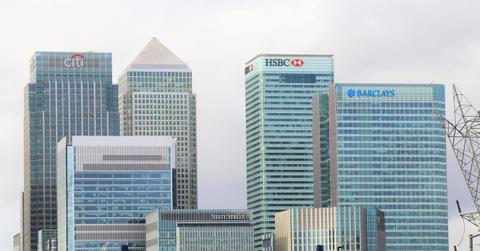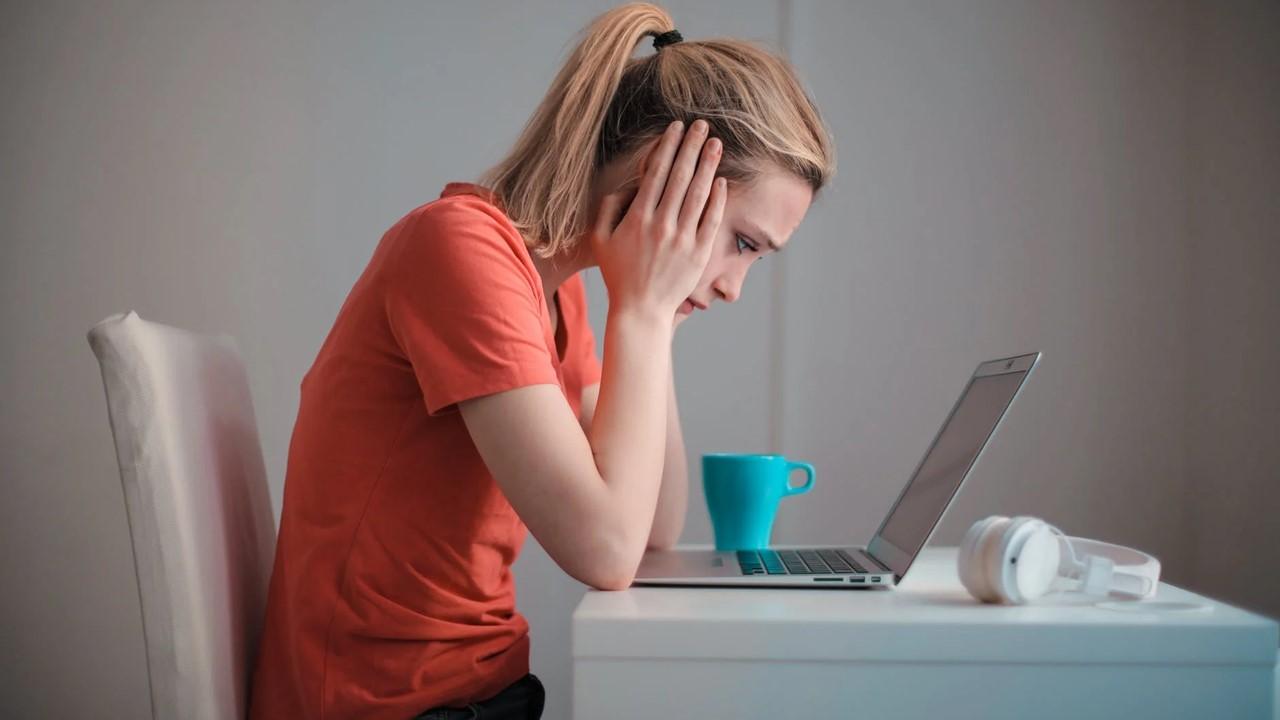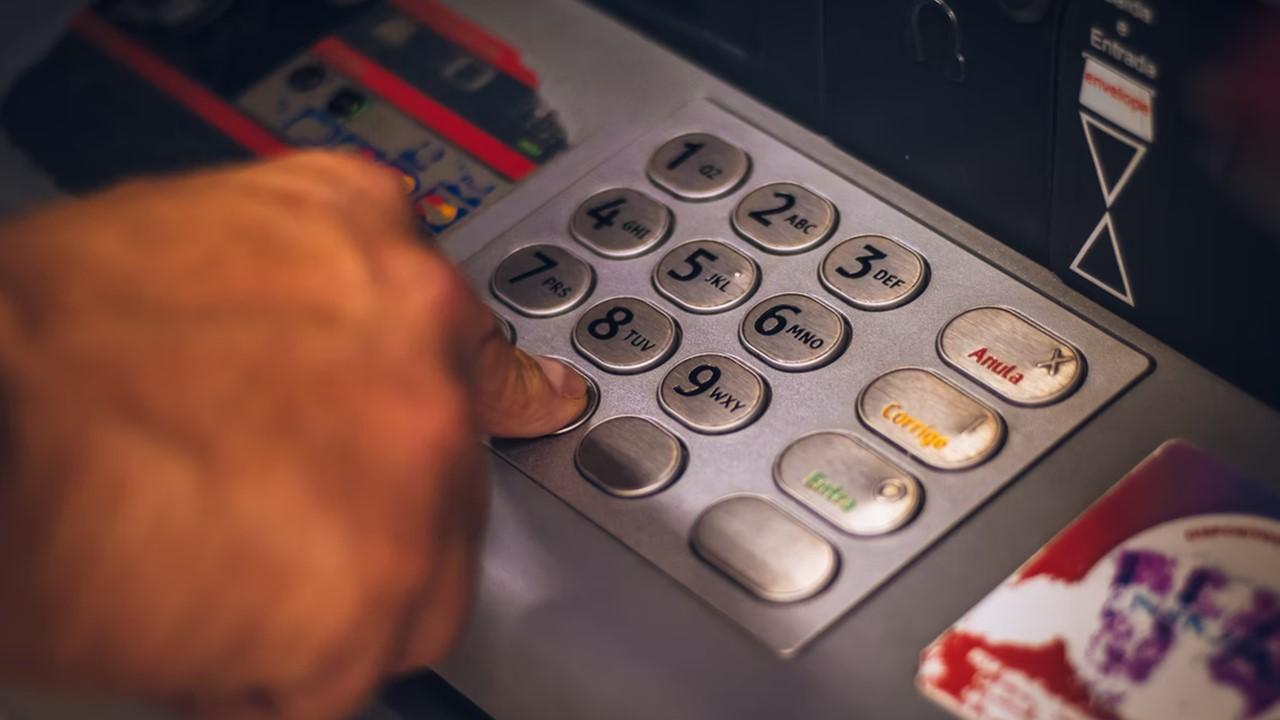What Happens If You Deposit a Fake Check? How to Protect Yourself
What happens if you deposit a fake check? Here are steps to protect yourself from fraudulent check scams and what to look out for.
Oct. 4 2021, Published 2:44 p.m. ET

It can be tough for you as a consumer to identify when a check written out to you is fraudulent—even trained bank employees might not recognize the signs of a fake check.
You should know how to avoid becoming the victim of a fake check scam, and what to do if it happens to you. Unfortunately, people who deposit fraudulent checks, even unknowingly, might still be on the hook for costly fees to rectify the situation.
Even victims might be responsible for bank fees
What happens if you unknowingly deposit a fake check? Those who deposit a fake check into their checking account or savings account often have to pay fees like overdraft charges, regardless of whether or not the error was intentional.

The consequences of depositing a fake check, according to Credit Karma, might include:
You could have to repay the full amount of the check.
The bank could charge overdraft fees.
Some banks might even close or freeze your account.
You might hurt your credit scores, especially if this happens frequently.
You could owe other late fees if the fake check affects other bill payments.
Even your banking history can be damaged.
Jail time isn't likely, but it's possible if you knowingly committed check fraud.
Why timing matters when depositing checks
One reason you might get into trouble with a fake check is the timing of bank deposits. The federal EFAA (Expedited Funds Availability Act) requires specific time periods in which banks must make deposited funds available to customers.
Often, deposited funds are made available by the next business day after the deposit. Although this might be helpful, it means that the bank could take days longer to discover fraud. During that time, you might have used the funds, which would cause your check to bounce.
How to avoid being the victim of a fake check scam
You can take steps to protect yourself from fraudulent checks. One is to keep extra money in your account to avoid overdraft fees. This helps you avoid spending funds from fake checks before they’re bank-verified. It gives you time to ensure that a check is legitimate before using the money.
That’s easiest to do if you have a cash cushion or emergency fund (more in your account at all times than you need to pay your regular bills). Unfortunately, that isn't possible for everyone, which is why payday lenders still exist.

You can call the issuing bank to inquire about the check (but look up the bank’s contact information yourself rather than using the data printed on the actual check).
Some check scams issue amounts over the agreed payment amount, which is a red flag. Don’t cash or deposit a check that’s too much.
Another warning sign is if the person asks you to send money either in advance or after they send you the check. There shouldn't be a fee involved in receiving a legitimate check payment.
What to do after a fake check scam
You should contact your bank immediately if you realize that you’ve been scammed by a fraudulent check. Quick action could minimize the financial consequences. File a report with the FTC, and you might also need to report the issue to local police and the state’s attorney general.
